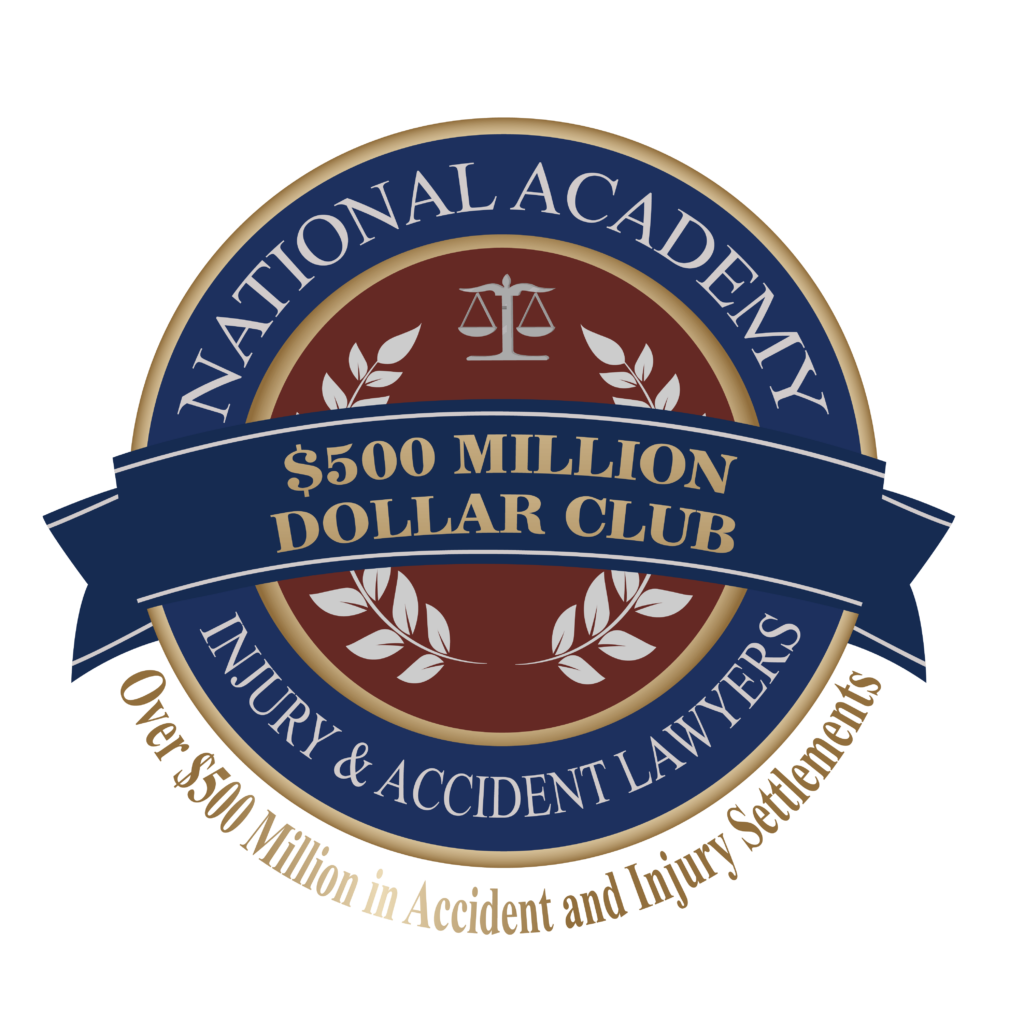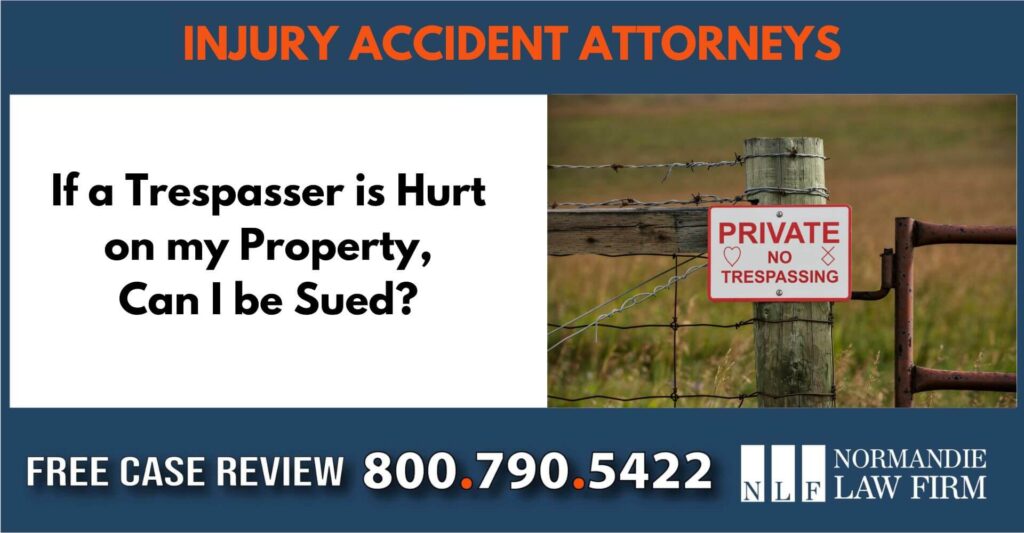California property owners have a legal duty to ensure that conditions on their property are reasonably safe according to the laws of premises liability. This requirement is defined under California Civil Code 1714(a), which states:
“Everyone is responsible, not only for the result of his or her willful acts, but also for an injury occasioned to another by his or her want of ordinary care or skill in the management of his or her property or person…”
There are several elements that a plaintiff must establish in order to sue a property owner for being injured on their property. These include proving that you had legitimate cause to be on the premises, therefore the owner / operator owed you a duty of care.
Since a trespasser is on a property unlawfully, it would appear that they are ineligible for monetary damages if they are hurt in an accident. However, there are situations where the owner may be liable for any injuries to someone trespassing on the property.

Our Recent Verdicts and Settlements
$2.5 Million
$1.1 Million
$1.5 Million
$600,000
$525,000
$734,851
What is a Trespasser?
The definition of a trespasser is detailed in California’s Penal Code 602. To put it simply, a trespasser is an individual that enters a property without a legal right to do so. As they are not authorized to be on the property, they are not owed the same duty of care as people who are legitimately on the premises for a business or social reason.
The general break down of people who are on a property legally are as follows: invitees and licensees.
Those who are invitees are on the property with the owner’s implied or expressed permission, like people that come into a restaurant to order food or walk through the aisles at a store.
Licensees, on the other hand, typically refer to social guests, i.e., people that are usually invited by the owner / operator, like friends and neighbor. But they can also include people who are not there explicitly for business purposes, like door-to-door salespeople and religious missionaries.
Invitees are owed the highest duty of care, and most of these cases involve accidents or assaults on commercial properties. The duty of care owed to trespassers is minimal, but it does exist, nevertheless.
Attractive Nuisance
An injury being caused by an “attractive nuisance” is one situation where a property owner can be sued by a trespasser. A common example is something on the property that attracts a child, like a swimming pool without fencing around the pool or the yard. If a child sneaks in to use the pool and ends up drowning, the owner may be liable due to their failure to take extra precautions when there was an attractive nuisance on the premises.
Failure to Warn of Known Dangers
A failure to warn others of dangerous conditions can make owners liable for an accident, even if the injured party was trespassing. This includes hazards that not open and obvious, but clearly have the potential to cause harm to others. For example, an owner may have dug a large hole on their property for a renovation project, but failed to put up warning signs or caution tape around the area or found some other way to keep people away. If a trespasser falls into the hole and is injured, they may have grounds to sue the owner, in spite of being on the property illegally.
Intentional or Willful Harm
Actions by the owner or measures on the property to cause intentional harm can serve as grounds for a premises liability lawsuit by a trespasser. For instance, a property owner or someone acting on their behalf (employee, for example) may have used excessive force against a trespasser, like shooting them with a gun. Another example involves the usage of high voltage wires without warning signs, snare traps, and other methods that knowingly expose a trespasser to hazardous conditions.
Aggressive Dog
California has a strict liability policy for dog bites and attacks, meaning the owner is 100% liable for any injuries caused by their dog. Those who are hurt by a dog while trespassing are generally excluded from seeking compensation. However, an exception can be made if the owner knew about or had reason to know that the dog was dangerous and likely to hurt others. A history of aggressive behavior and biting incidents by the dog, for example, can make the owner liable, even if the individual they attack is a trespasser.
Deadline to File a Claim for Compensation
A personal injury lawsuit in the state of California has a deadline of 2 years. To put it another way, the statute of limitations to file an accident injury claim is 2 years from the date of injury. If you are more than 2 years from the accident date, there are very few circumstances that will allow you to ask the court for an extension. That’s why speaking to a lawyer immediately is the right course of action if you were injured from hazardous conditions on a commercial or residential property.
Contact a Personal Injury Lawyer
If you sustained injuries on someone’s property as a trespasser, you may have the opportunity to file a claim for monetary compensation. However, these cases are very challenging for a number of reasons, and it’s in your best interest to hire a skilled premises liability attorney.
The legal team of Normandie Law Firm has decades of experience in complex injury claims, and we are 24/7 to advise you of your rights and legal options. If you are eligible for compensation, you can count on us to fight aggressively on your behalf and secure the highest possible settlement. We also offer a Zero Fee Guarantee, so you will not be charged upfront for legal services. We only get paid by receiving a percentage of your settlement, so there is no cost to you whatsoever if we don’t win your case.
For a free consultation with one of our legal experts, contact our law firm as soon as possible.
Other Pages on Our Website Related to This Topic
Wag! Dog Walking Company Liability for Dog Bites Lawsuit Attorney
Instacart Delivery Driver Dog Bite Lawsuit
California Amazon Delivery Dog Bite Lawyer













